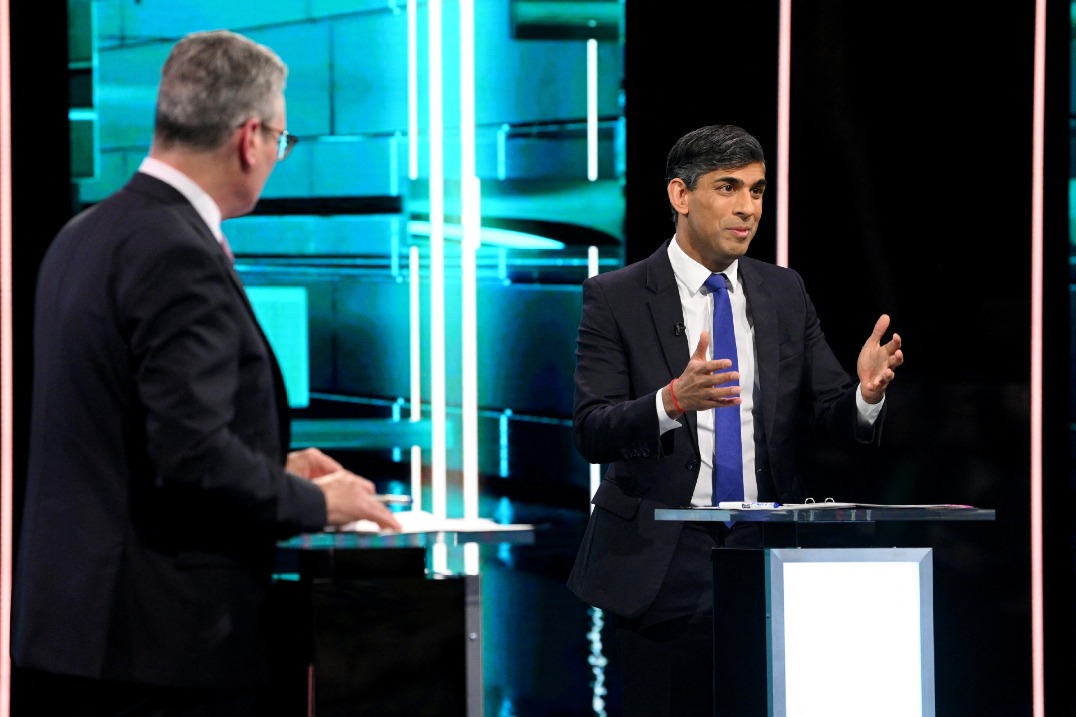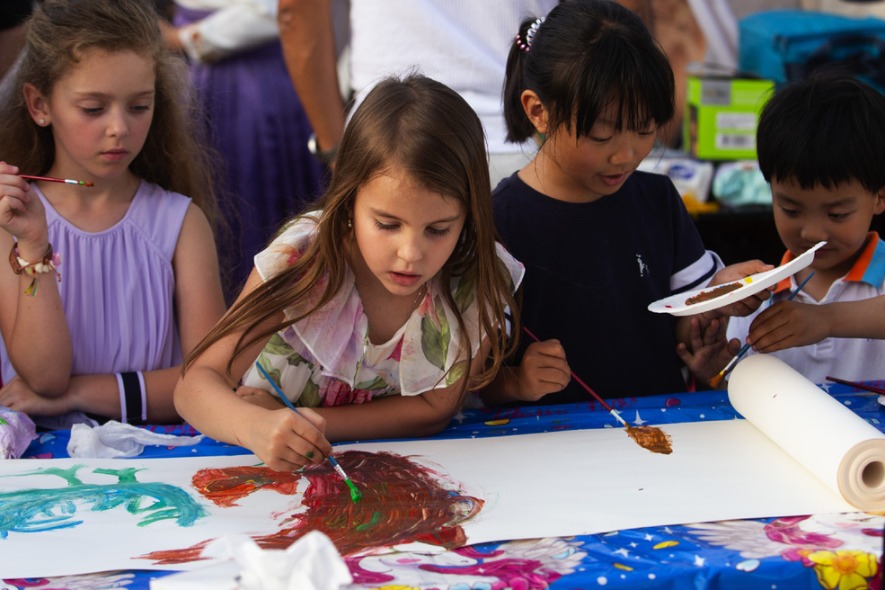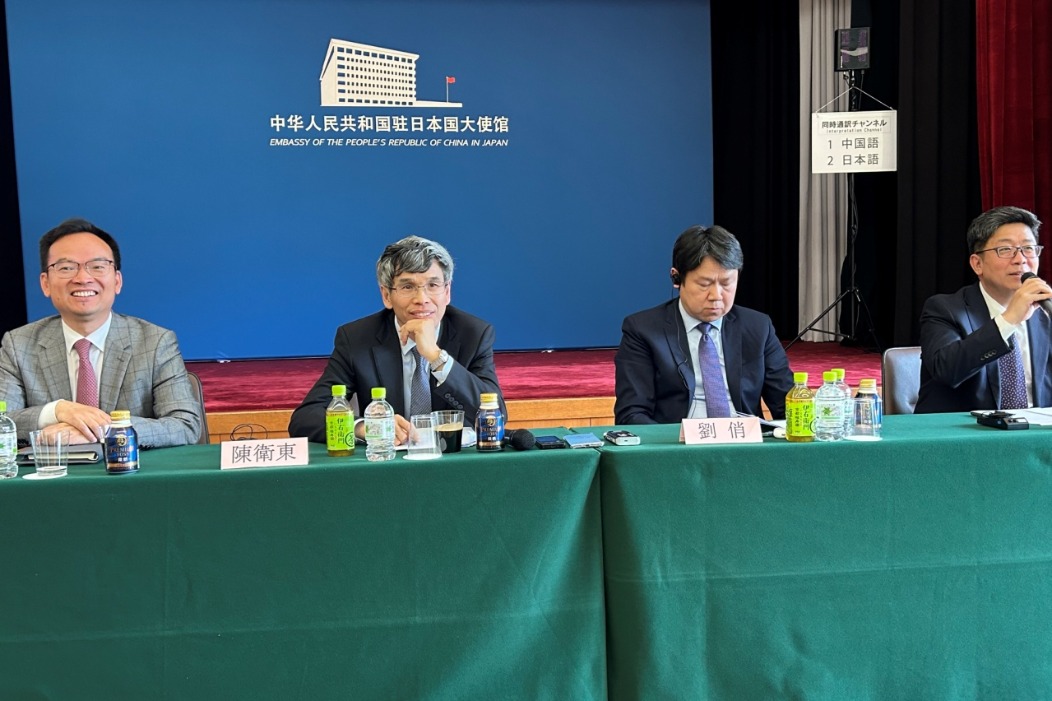Exotic music, sniff of spring bring two together

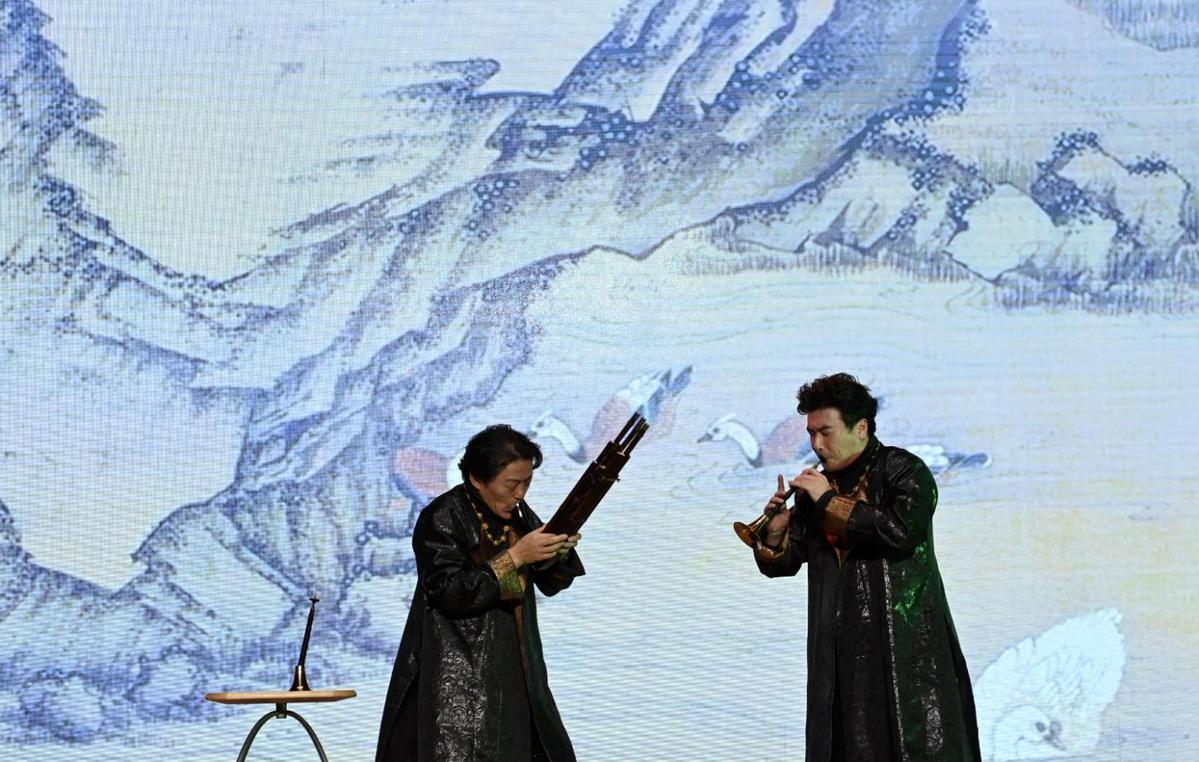
Asami Tachibana brims with enthusiasm as she talks about performing with Chinese and Mongolian horsehead fiddle players at a Spring Festival gala in Japan.
"It was the first time I had the chance to hear that kind of music," the Japanese composer and pianist said, speaking of the event on Saturday.
"It has been very enjoyable for me from the rehearsal stage, listening to it and experiencing the traditional music of China."
The Tokyo Spring Festival Gala, hosted by the Union of Chinese Residing in Japan, is the biggest platform for representatives of Chinese associations from all over Japan and Japan-China friendship organizations to gather together and celebrate Chinese New Year.
He Naihe, chairman of the union, a consortium of Chinese groups in Japan, said traditional culture is important in exchanges.
"We hope this gala will serve as a great platform to promote exchanges and grassroots friendship between China and Japan."
Tachibana said she had always wanted "to convey a sense of peace and friendship to people around the world through music".
"It's not about borders or nations; it's about reaching people around the world with those feelings, and that's the sentiment I put into my music. I hope it resonates with the hearts of those who are listening."
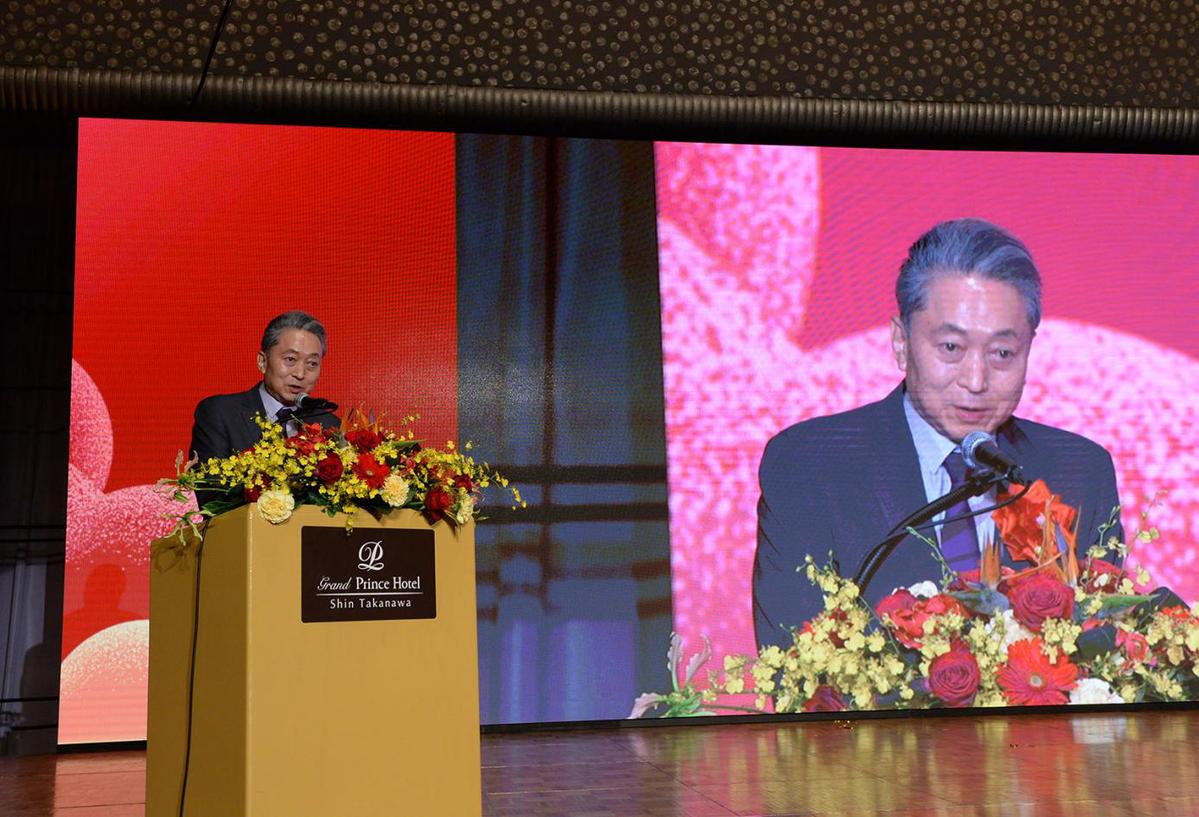
The former Japanese prime minister Yukio Hatoyama, one of the special guests, said at the event: "I believe that overseas Chinese people are praying for the improvement of relations between Japan and China, and I feel passionate about their efforts to make it happen, even in difficult times."
There are signs that Japan-China relations are gradually improving, Hatoyama said. "Although there are various issues between the two countries, such as the Taiwan question, I believe that the problem can be solved."
Crucial juncture
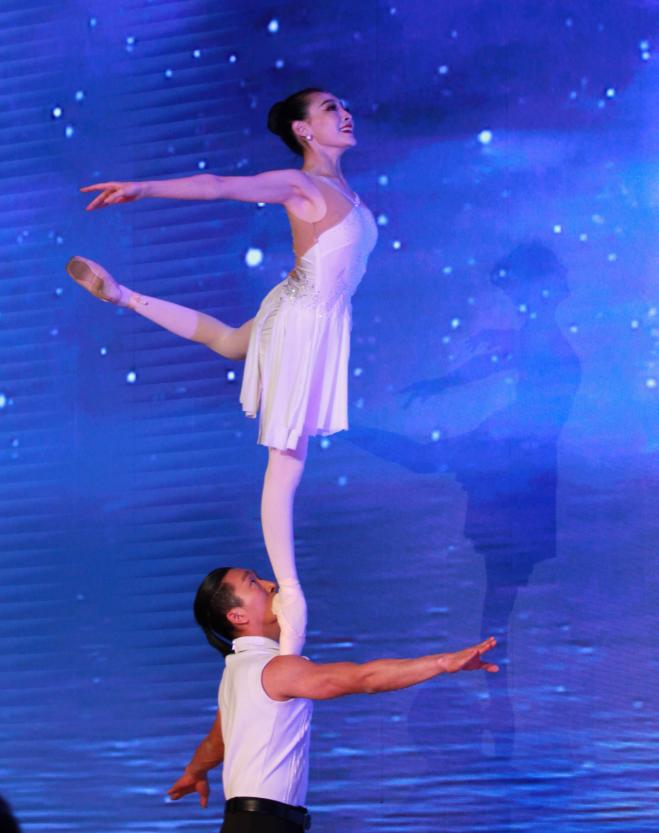
China's Ambassador to Japan Wu Jianghao said, "At this crucial historical juncture, revisiting the initial aspirations for peace, rekindling friendly exchanges and advancing mutually beneficial cooperation are prioritized."
This year's gala in Tokyo showcased performances that are highly appealing in the traditional Chinese sense, bringing in six renowned artists from China.
Yang Shaopeng, a national first-class actor of the Jingju Theater Company of Beijing, said, "Culture is an excellent means of communication. Through cultural exchange and communication I believe that China-Japan relations will improve because art, especially traditional art, reflects the traditional virtues of the Chinese nation and embodies the essence of Chinese traditional culture."
Yang, who has given performances in Japan several times, said audiences love Peking Opera, finding it mysterious and particularly distinctive, especially the martial arts scenes.
"They like to come backstage to learn about our costumes, makeup, orchestra, and how we paint our faces. Sometimes we even paint the face of the Monkey King, or Sun Wukong, for Japanese children, bringing the Japanese people closer to Chinese traditional culture in a more intimate way."
Zhou Benming, an inheritor of Chinese trumpet art and a master of the double-reed instrument the suona, said: "Music knows no borders. It easily connects with human emotions."
Cultural exchanges would be more effective if artists let music spread spontaneously without a specific purpose, Zhou said.
"Sincere interactions between people are always welcome. Music and other types of art operate in the same way — sincere expression and genuine representation of the national spirit are enough. That is the best way to propagate."





















